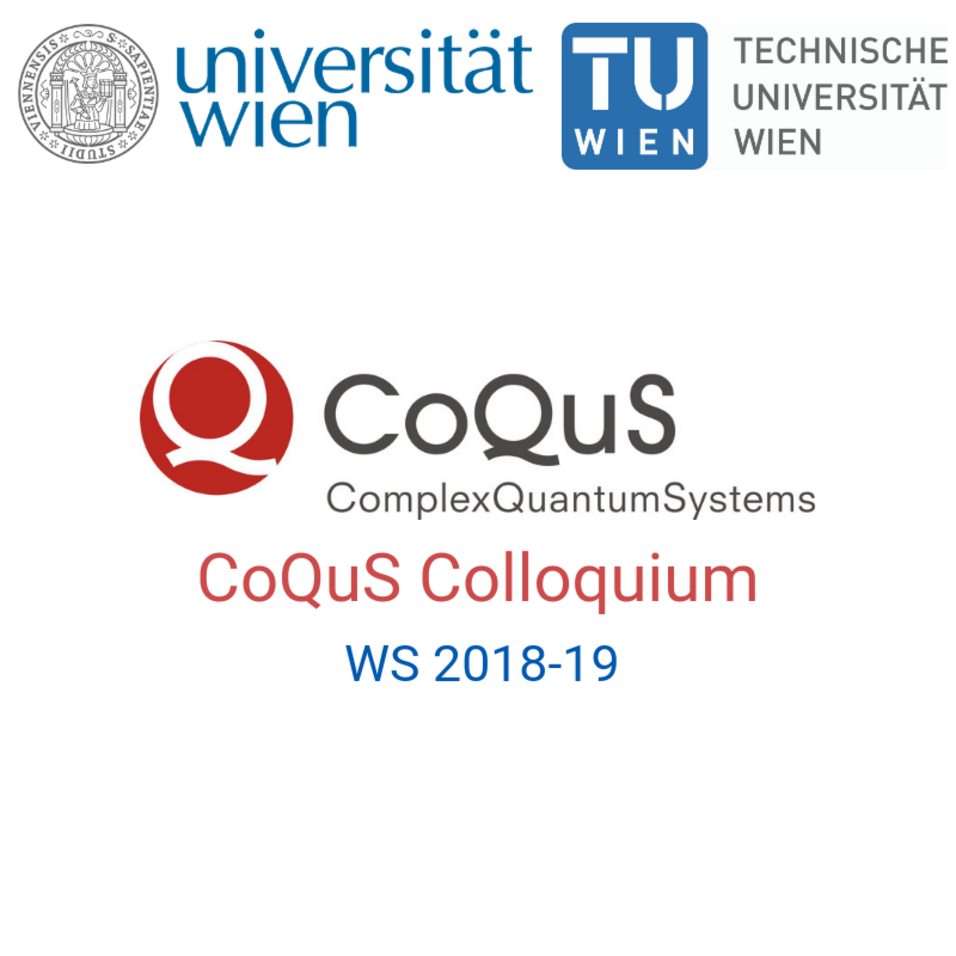Alumuns Talk
by
Michael R. Vanner
Imperial College London
"Measurement based quantum optomechanics:
Towards macroscopic superposition state preparation"
Cavity quantum optomechanics uses the radiation-pressure interaction and the tools of quantum optics to extend the control of individual quantum systems to macroscopic mechanical oscillators. The field is currently receiving a surge of interest for its potential to contribute to both fundamental and applied science with current research directions including table-top tests of quantum gravity and the development of high-precision weak-force sensors.
In this talk, I will discuss three related research projects that push towards the generation of mechanical superposition states---a key outstanding goal in the field. By utilizing single photon counting and optical interferometry, the first observation of a mechanical interference fringe pattern was performed [1], where the fringes were written into a position distribution of a mechanical thermal state. Building on this scheme, we have devised a protocol that uses a sequence of interactions and single photon counting measurements to "grow" mechanical superposition states of increasing size [2]. Lastly, and time permitting, the theory behind an analogue approach to optomechanics that couples a carbon nanotube to a superconducting qubit will be described that has the potential to distinguish non-classical properties of such a fringe pattern.
The speaker as a CoQuS alumni will also discuss his career trajectory and his recent experiences building his own research group (https://groups.physics.ox.ac.uk/QMLab/).
Monday, 25 March 2019,
17:00 get-together with coffe and snacks!
Main Lecture Hall Atominstitut, TU Wien, Stadionallee 2, 1020 Vienna
Hosted by: Markus Arndt
[1] M. Ringbauer et al, New Journal of Physics 20, 053042 (2018).
[2] J. Clarke, and M. R. Vanner, Quantum Science and Technology 4, 014003 (2019).



